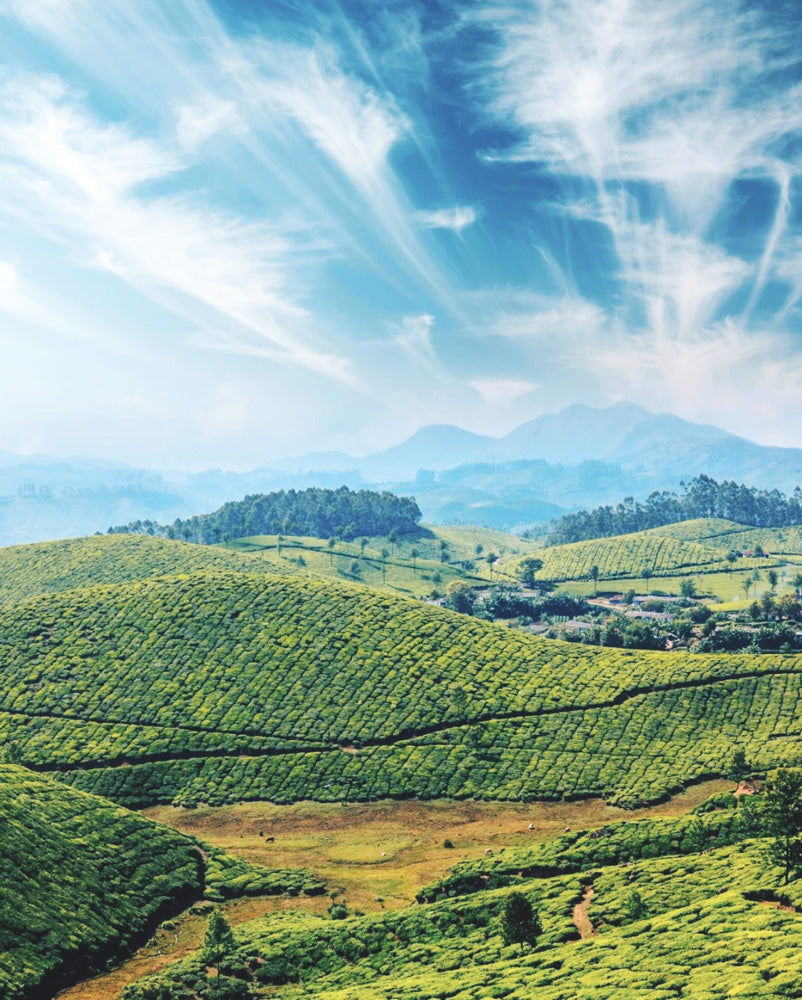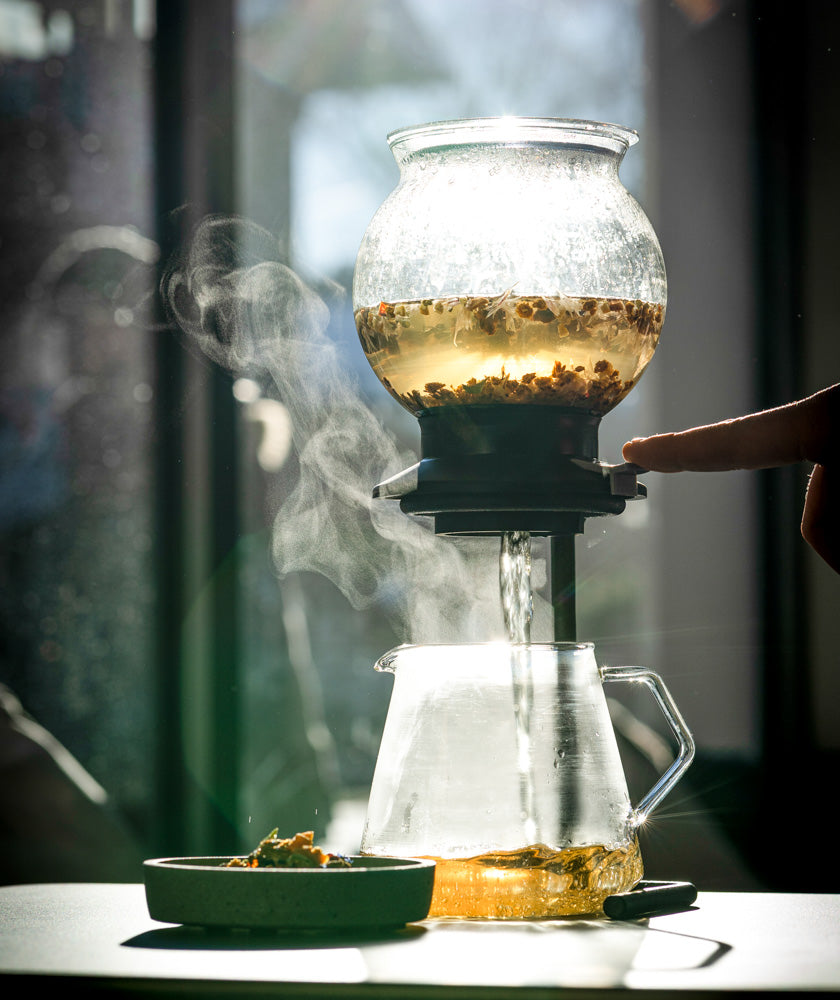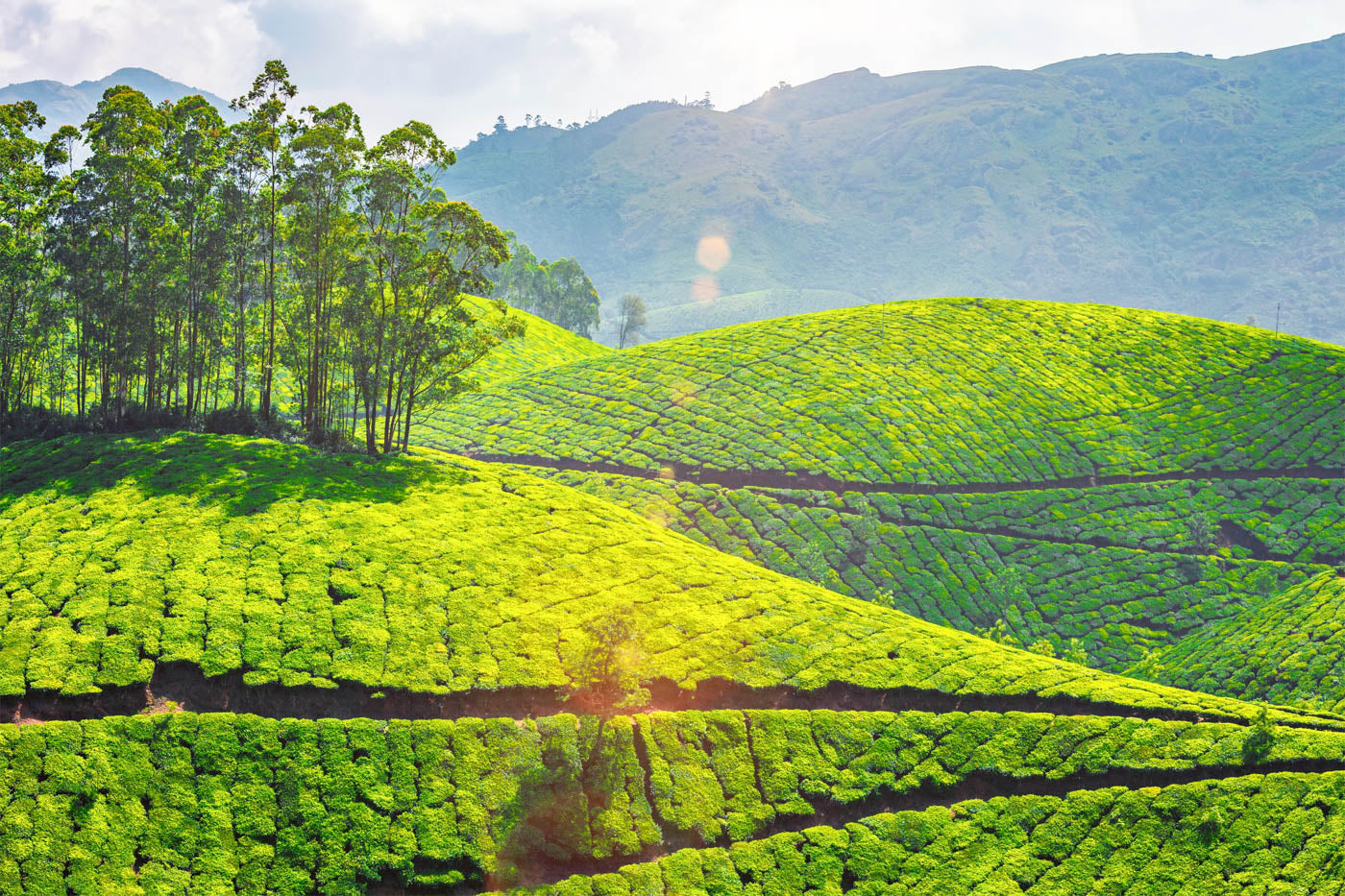The history of Buddha Tea
The Japan Buddha Amacha (Ama = sweet, Cha = tea), also called Buddha tea, is not a tea in the original sense of the word, as it does not come from the tea plant Camellia Sinensis.
Buddha tea is a herbal tea made from fermented hydrangea leaves. The special feature of Buddha tea is its very sweet taste: depending on the fermentation process, it is 400 to 800 times sweeter than household sugar, and that without the addition of any ingredients or flavors.
In Japan, Buddha tea is used to celebrate Buddha's birthday on April 8. According to legend, Ama Cha rained down from the sky when Buddha was born. Therefore, today, during the flower festival "Hana Matsuri", people sprinkle Ama Cha on small Buddha statues decorated with flowers and lanterns. They pour the leaves on its head as if they were bathing a newborn baby.
Buddha tea - which region it comes from
Buddha tea comes from the garden hydrangea or hydrangea, which is native to Japan. There is only one growing area in the north of the island of Honshu. The plantation is about 200 meters above sea level and is quite small.
The mild maritime climate allows for a harvest from August to October.
When should you drink Buddha tea?
You can drink Japan Buddha Ama Cha, Buddha Tea as a pure tea or use it as a natural sweetener in other drinks, such as smoothies.
Despite its intense sweetness, Ama Cha has almost no calories and does not affect blood sugar. It is therefore completely safe for diabetics and can therefore be enjoyed by everyone.
We consider this tea to be very special and although it can be drunk at any time, we see it more as a tea for special occasions or to share with others.

















